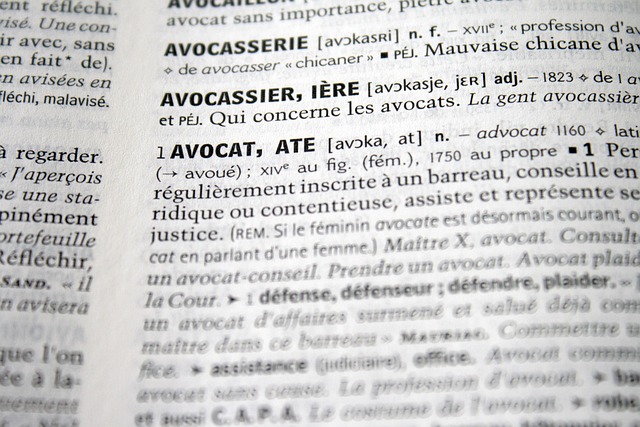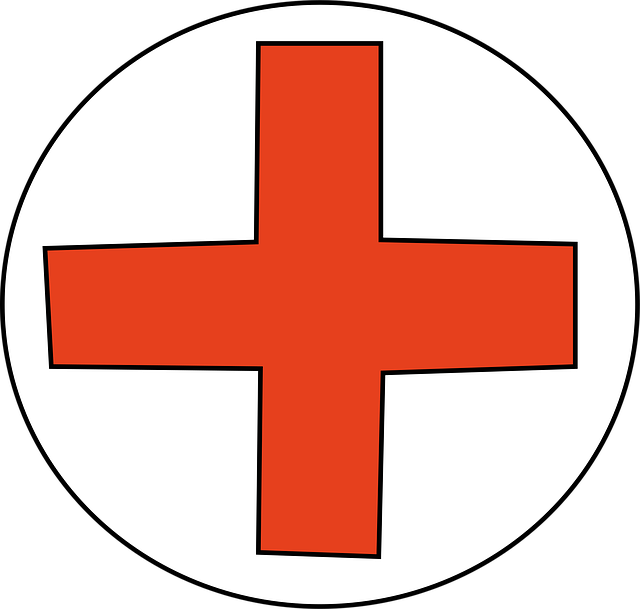Motored by justice for motorcycle accidents, fault assessment is key. Document driver behavior, road conditions, and vehicle maintenance. Act swiftly to gather evidence, exchange info with involved parties, seek medical attention, contact insurance, and consult a lawyer specializing in motorcycle accident fault claims. Every detail matters from leading up circumstances to injuries to protect your rights and secure fair compensation, especially in complex cases involving medical malpractice. Prompt action safeguards against attempts by insurers to minimize liability.
Motorcycle accidents can have severe consequences, and assessing fault is crucial for victims seeking justice and compensation. This article delves into the critical process of motorcycle accident fault assessment, emphasizing the immediate actions riders should take post-collision. From understanding the dynamics of fault determination to protecting your legal rights, these steps ensure a proactive approach. Learn how swift action can make a significant difference in the outcome of your case and secure the support you deserve during this challenging time.
- Understanding Motorcycle Accident Fault Assessment
- Immediate Action After a Motorcycle Collision
- Protecting Your Rights in Fault Determination
Understanding Motorcycle Accident Fault Assessment

Understanding Motorcycle Accident Fault Assessment is a crucial step in ensuring justice and fair compensation for injured riders. When a motorcycle accident occurs, determining fault involves a comprehensive review of various factors, including driver behavior, road conditions, and vehicle maintenance. Every aspect must be meticulously examined to identify who or what contributed to the incident.
Motorcycle accidents can result from numerous causes, such as driver negligence, defective product injuries caused by faulty brakes or tires, or even medical malpractice if a rider’s condition was mismanaged. A thorough fault assessment aims to pinpoint these causes, leading to appropriate car accident compensation or legal redress. This process requires immediate action, as evidence and memories fade with time, making it vital to gather and preserve relevant data promptly.
Immediate Action After a Motorcycle Collision

In the immediate aftermath of a motorcycle accident, quick action is crucial to assessing fault and protecting your rights. The first step is to ensure safety—for yourself and others on the scene. If possible, move the motorcycle off the road to prevent further hazards. Then, document the incident thoroughly. Take photos of the crash site, vehicle damage, and any visible injuries. Exchange information with other parties involved, including their names, contact details, and insurance policies. Note down any witnesses present, as their statements can be invaluable in determining fault.
Seeking medical attention is also essential, even if you feel uninjured. Some injuries may not manifest immediately, and a thorough examination can help document any health issues related to the accident. Contact your insurance provider promptly to report the incident and begin the claims process. Considering the complexity of motorcycle accidents, it’s often beneficial to consult a dedicated truck accident lawyer who understands the intricacies of these cases and can guide you through the legal process, aiming for a fair truck accident settlement or claim.
Protecting Your Rights in Fault Determination

After a motorcycle accident, protecting your rights is paramount. The fault determination process can be complex, and understanding your legal options is crucial. Immediately after such an incident, document every detail – from the circumstances leading up to the crash to any injuries sustained. This evidence will be vital in establishing liability, whether it involves another driver, a faulty vehicle part, or road conditions. Engaging a skilled truck accident attorney can significantly enhance your chances of securing appropriate motorcycle accident fault compensation, especially when dealing with complex cases that may involve medical malpractice compensation claims.
If you’ve been injured in a motorcycle crash, don’t wait to act. The faster you take steps to protect your rights, the better the outcome is likely to be. Remember, in the aftermath of an accident, it’s common for insurance companies and at-fault parties to try to minimize their liability. With professional legal guidance, you can navigate this process more effectively, ensuring that you receive fair accident compensation and that your rights are safeguarded throughout.
Assessing fault in a motorcycle accident is crucial for ensuring justice and protecting your rights. Whether you’re a rider or involved as a bystander, immediate action—such as documenting the scene, seeking medical attention, and consulting legal professionals—is essential. By understanding the process and taking swift measures, you can navigate the complexities of motorcycle accident fault assessment with confidence, ultimately fostering a safer environment for all road users.






